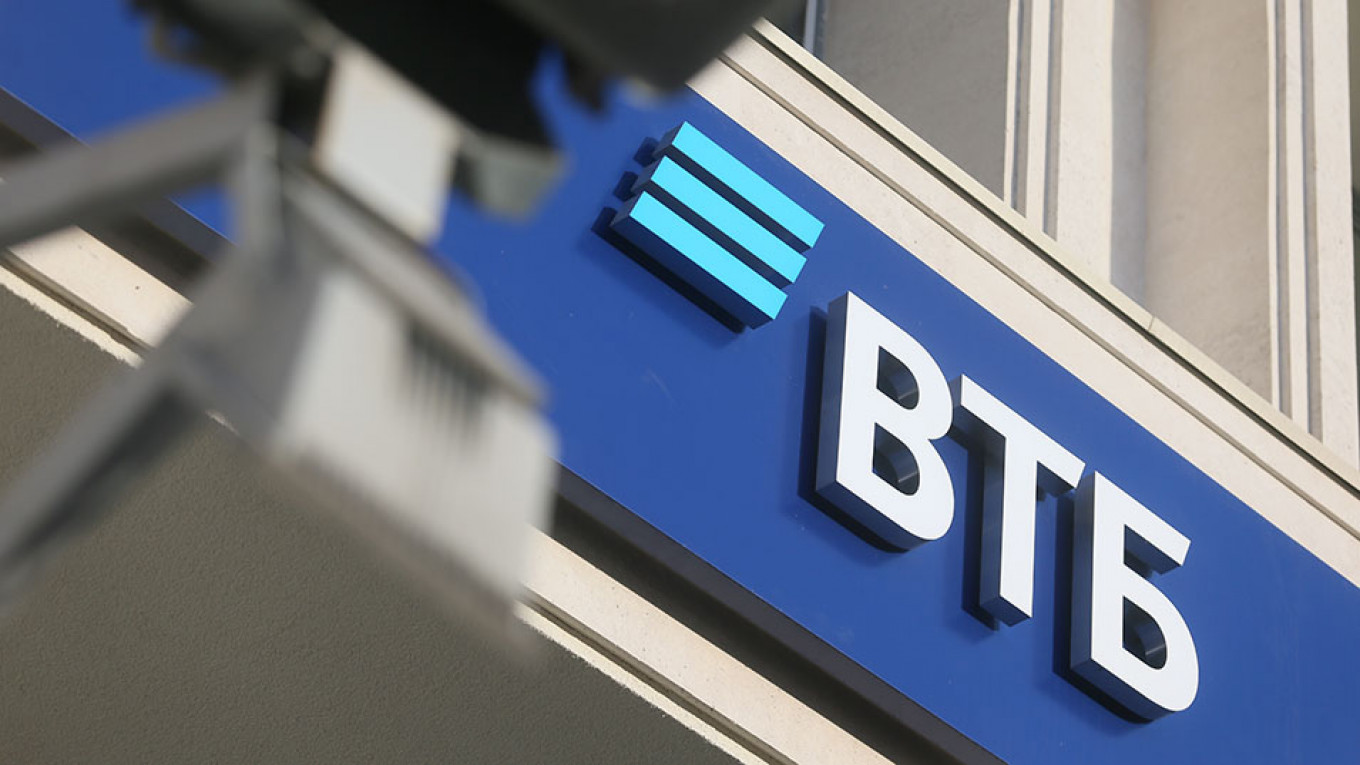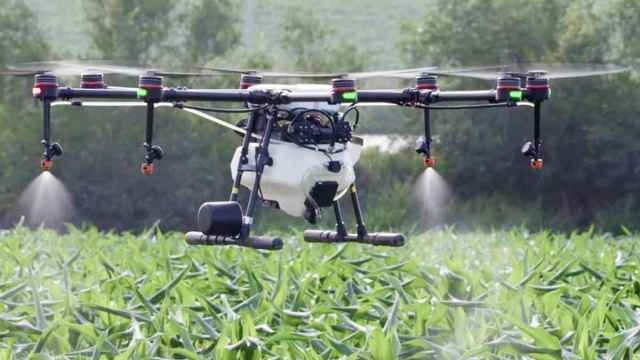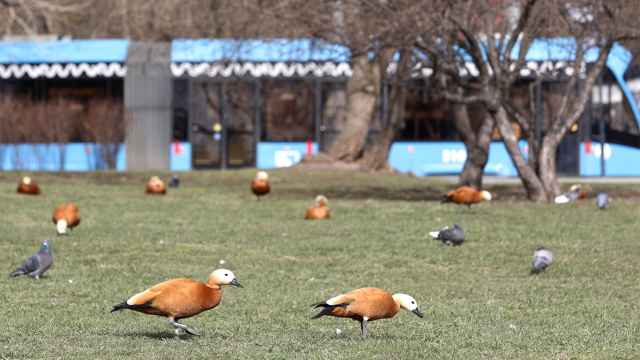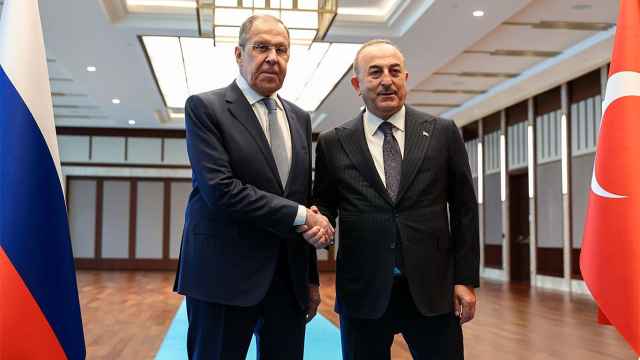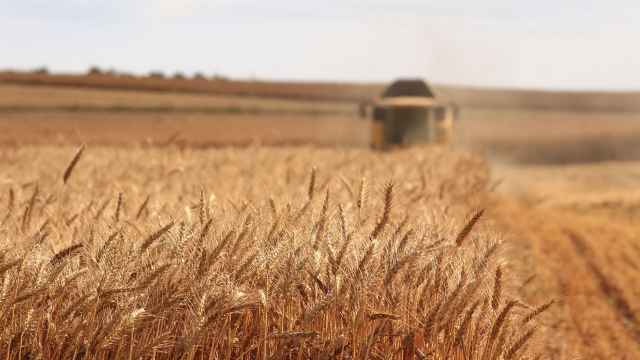Russia’s VTB bank, which is expanding in commodities in a bid to create a national grains champion, will exit the sector once it has built up the assets in the next few years, its CEO told Reuters.
Andrey Kostin also said in an interview that VTB plans to start trading wheat via its Swiss operation and that it is in the final stage of talks to purchase half of the Taman grain terminal on the Black Sea.
VTB, Russia’s second largest bank, is now a major physical grain exporter after buying a local grain trader in August, and became the largest operator of Russia’s grain export terminals and other infrastructure this year.
“Oil is going to run out one day but not the grain,” Kostin said in the interview, conducted last week and authorized for publication on Tuesday. “With that in prospect over the next few years, while the business is being built, we will still act as a player in the grain market.”
In June the state-controlled bank asked President Vladimir Putin to help it create a Russian grain champion to curb the role of foreign traders and give the state greater control over exports, according to a Jun. 26 letter seen by Reuters. However, Kostin told Reuters that once the business has been built up, VTB plans to hand it over.
“We have not finished the expansion yet. We do not rule out building new grain terminals in the Black Sea,” Kostin told Reuters.
“After we consolidate and wrap up this business, we will exit these assets,” he said. He did not elaborate on the options to leave the business or potential future owners.
In its letter to Putin, VTB said it would need another two to three years to consolidate and acquire more grain assets.
The bank plans to start trading wheat through its “fairly well-developed commodities trade business in Zug [Switzerland]”, Kostin said, adding that supplies to Russian traditional buyers — the Arab countries and Vietnam — have been its main focus.
VTB is also in the final stage of talks to purchase half of the Taman grain terminal from Ukraine’s Kernel group, Kostin said. Global trade giant Glencore owns the other half of the terminal, located in Russia’s part of the Black Sea.
A Message from The Moscow Times:
Dear readers,
We are facing unprecedented challenges. Russia's Prosecutor General's Office has designated The Moscow Times as an "undesirable" organization, criminalizing our work and putting our staff at risk of prosecution. This follows our earlier unjust labeling as a "foreign agent."
These actions are direct attempts to silence independent journalism in Russia. The authorities claim our work "discredits the decisions of the Russian leadership." We see things differently: we strive to provide accurate, unbiased reporting on Russia.
We, the journalists of The Moscow Times, refuse to be silenced. But to continue our work, we need your help.
Your support, no matter how small, makes a world of difference. If you can, please support us monthly starting from just $2. It's quick to set up, and every contribution makes a significant impact.
By supporting The Moscow Times, you're defending open, independent journalism in the face of repression. Thank you for standing with us.
Remind me later.



